
Based on findings from the SPEARHEAD-1 trial, Adaptimmune plans to submit a biologics license application to the FDA in 2022 for afamitresgene autoleucel to treat synovial sarcoma.

Based on findings from the SPEARHEAD-1 trial, Adaptimmune plans to submit a biologics license application to the FDA in 2022 for afamitresgene autoleucel to treat synovial sarcoma.
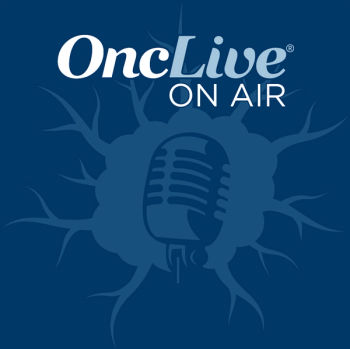
Dr. Abramson discusses the significance of the FDA approval of lisocabtagene maraleucel in refractory large B-cell lymphoma and provided insight into the efficacy and safety profiles of the CAR T-cell therapy as reported in the TRANSCEND NHL 001 trial.
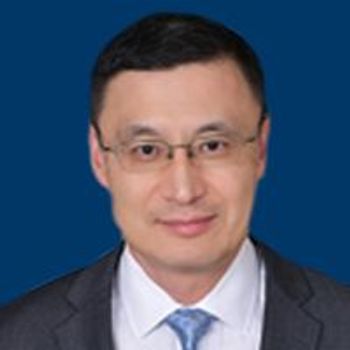
A marketing authorization application has been submitted to the European Medicines Agency for the approval of the CAR T-cell therapy ciltacabtagene autoleucel in the treatment of patients with relapsed and/or refractory multiple myeloma.
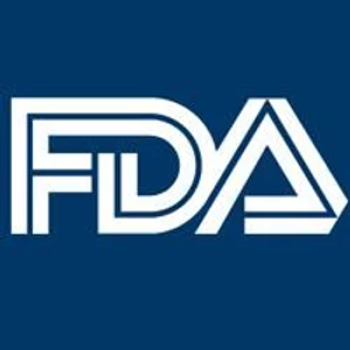
The FDA has granted an orphan drug designation to the cell therapy ITIL-168 as a potential treatment for patients with stage IIB to IV melanoma.
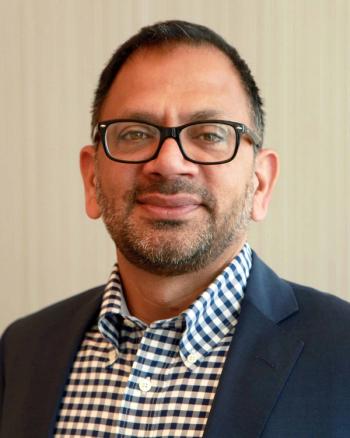
Ajeet Gajra, MD, MBBS, FACP, talks about identifying and removing the barriers for offering CAR T-cell therapy at the community practice level.
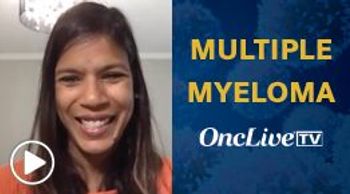
Nina Shah, MD, discusses potential future directions with CAR T-cell therapy in multiple myeloma.
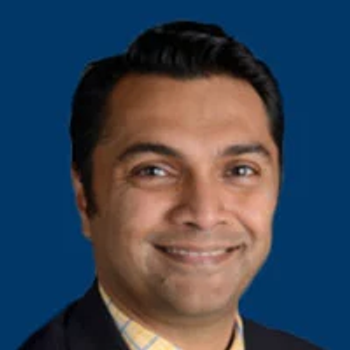
Nilanjan Ghosh MD, PhD, highlights progress made with CAR T-cell therapies in B-cell lymphoma and some ongoing trials generating interest in the field.
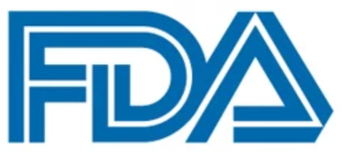
The FDA granted a Regenerative Medicine Advanced Therapy designation to the allogeneic chimeric antigen receptor T-cell therapy as a potential treatment for patients with relapsed/refractory multiple myeloma.

The FDA approval of brexucabtagene autoleucel established CAR T-cell therapy as a treatment option for patients with relapsed/refractory mantle cell lymphoma.
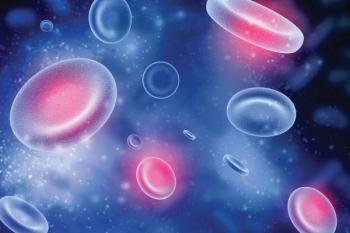
In a phase 1 study of the innate cell engager AFM13 pre-complexed with NK cells, all 4 patients with CD30-positive, relapsed/refractory Hodgkin lymphoma treated with the therapy achieved at least a partial response.
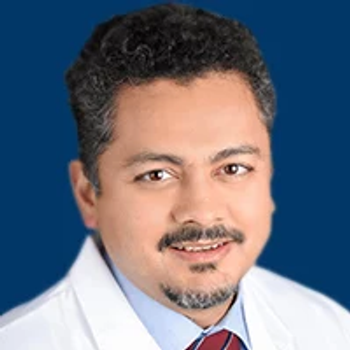
Saad Z. Usmani, MD, FACP, discusses the rapidly changing cellular therapy paradigm in relapsed/refractory multiple myeloma.
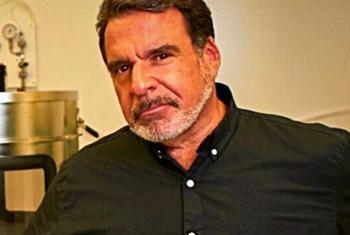
The FDA has granted an orphan drug designation to CYNK-001 as a potential treatment for adult patients with recurrent glioblastoma multiforme.

Lifileucel elicited objective responses, including complete responses, for a median duration that was not yet reached at 28.1 months for patients with advanced melanoma.
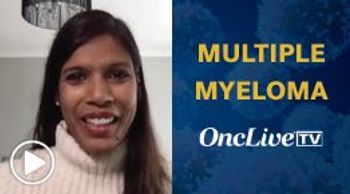
Nina Shah, MD, discusses the management of CAR T-cell therapy–related toxicities in multiple myeloma.

As more therapies continue to be approved, efforts will focus on toxicity prevention and mitigation strategies for associated unique and potentially life-threatening adverse reactions.
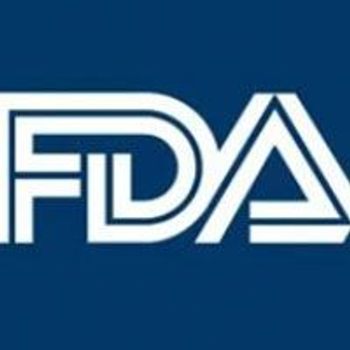
The FDA has approved idecabtagene vicleucel as the first BCMA-directed CAR T-cell therapy for patients with relapsed/refractory multiple myeloma after 4 or more prior lines of therapy, including an immunomodulatory agent, a proteasome inhibitor, and an anti-CD38 monoclonal antibody.
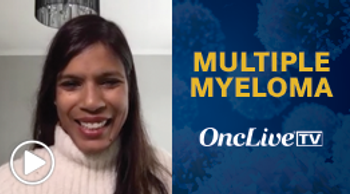
Nina Shah, MD, discusses the potential rationale for selecting between the investigational CAR T-cell therapies idecabtagene vicleucel and ciltacabtagene autoleucel in relapsed/refractory multiple myeloma.
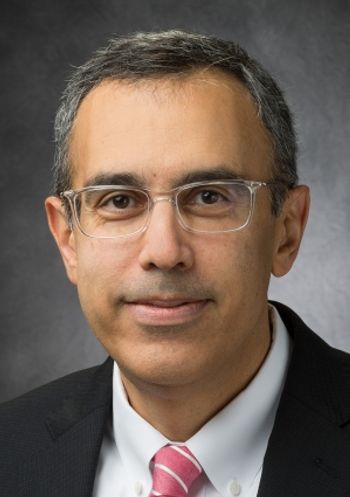
The tumor infiltrating lymphocyte therapy LN-145 was feasible, safe, and effective in patients with pretreated advanced cervical cancer.
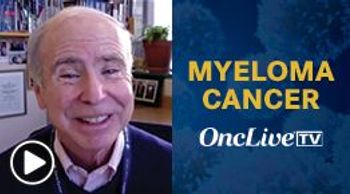
Kenneth C. Anderson, MD, discusses potentially addressing unmet needs in patients with multiple myeloma through the use of the mRNA-based CAR T-cell therapy Descartes-11.
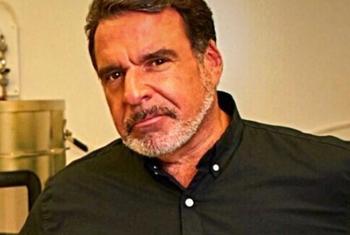
The FDA has granted a fast track designation to the placental-derived natural killer cell therapy CYNK-001 as a potential treatment for adult patients with recurrent glioblastoma multiforme.
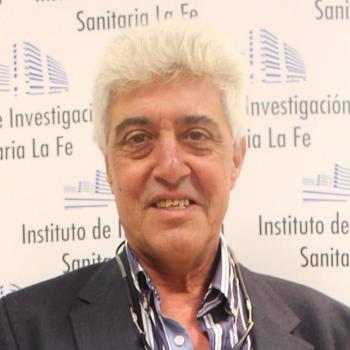
Omidubicel significantly improved median time to neutrophil engraftment compared with standard umbilical cord blood transplantation in patients with hematologic malignancies.
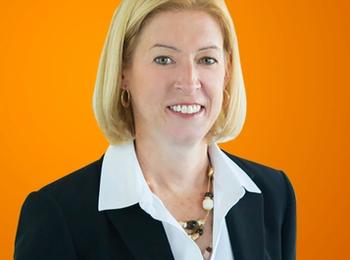
The modified red blood cell therapy RTX-240 demonstrated promising efficacy and a favorable safety profile in patients with relapsed/refractory solid tumors.
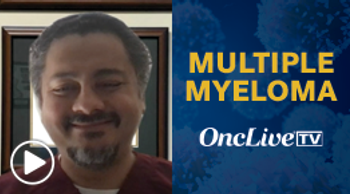
Saad Z. Usmani, MD, FACP, discusses the potential utility of allogeneic CAR T-cell therapy in multiple myeloma.
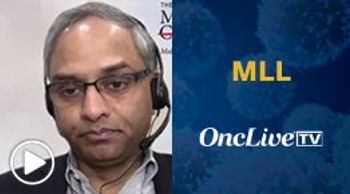
Sattva Neelapu, MD, discusses CAR T-cell products that have been approved by the FDA for different subtypes of lymphoma.
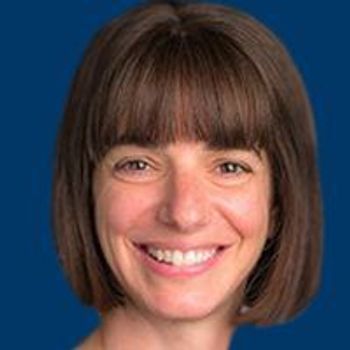
CD19-targeted CAR T-cell therapies have yielded durable remissions in approximately half of all patients with aggressive relapsed/refractory B-cell lymphomas.